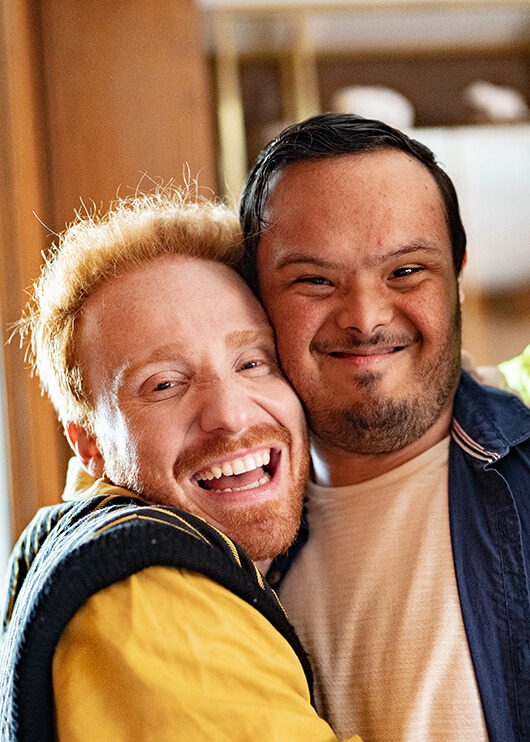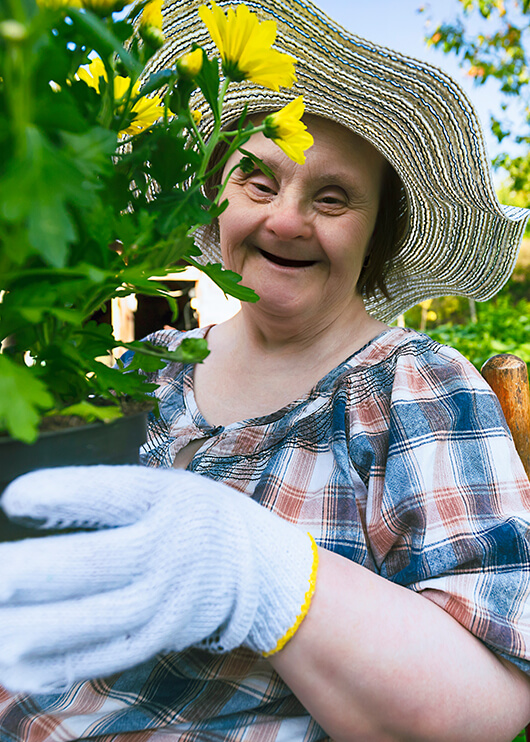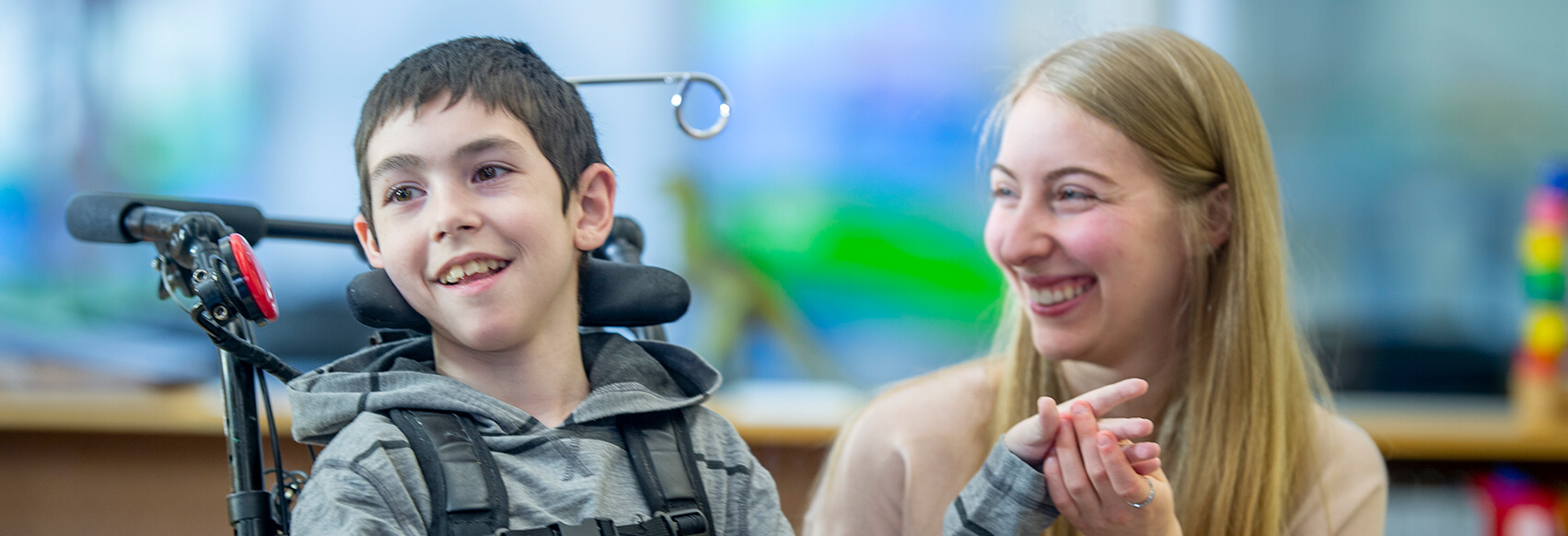
Special Needs Dentistry
in Dallas, TX
At Dallas Center for Oral Health and Wellness, we’re passionate about building an inclusive dental practice where all smiles are welcome. That’s why we take the time to get to know our patients, learn what makes them feel at ease, and tailor appointments to meet each individual’s unique needs. If you’re looking for a special needs dentist in Dallas, TX, contact us to learn more about our approach.
Contact Us
Conditions That May Require a Dentist for Special Needs Adults & Children
Any patient with unique developmental, physical, or mental challenges may require the services of a special needs dentist in Dallas. Special needs dentists, like ours, often understand that these patients may face unusual challenges that require consideration. They also tend to have extra training to work with conditions of many ranges.
Some examples of conditions and disabilities we have experience with include:
- Autism
- ADHD
- Alzheimer’s Disease
- Parkinson’s Disease
- ALS
- Epilepsy
- Dementia
- Down Syndrome
- And more…
No matter what challenges are faced, our experienced team is here to help.

The Special Needs Dentistry Process
Our approach to dentistry is comprehensive. We’ll first begin with a thorough assessment of the patient’s oral health, taking into account medical history and any disabilities or special needs.
We’ll then complete an oral exam to identify potential oral health issues.
After the exam, we’ll discuss findings and create a personalized treatment plan, which may include modifications to the dental environment, sedation options, and specialized techniques to ensure comfort and safety during procedures.

The Benefits of Special Needs Dentistry
Finding a special needs dentist near you offers numerous benefits to individuals with unique healthcare requirements. At Dallas Center for Oral Health and Wellness, our team is credentialed with the Medical City Dallas Hospital. With hospital privileges, we can treat patients in a hospital operating room utilizing general anesthesia by a board-certified anesthesiologist. While not every dental treatment may need anesthesia, having the option is powerful. With special needs dentistry, patients and caregivers can feel empowered about good dental care and well-being.
Call Our OfficeDental Care Tips for Disability Caregivers
Establish a Routine
Consistency is key to maintaining good oral health. Help the patient brush their teeth twice a day and floss daily (ideally around the same time each day) to build a habit. Reminders and visual aids can be helpful to establish and maintain these routines.
Use Adaptive Tools
Special toothbrushes with larger handles, electric toothbrushes, or floss picks can make brushing and flossing easier for those with limited dexterity or coordination. There are always new innovations being developed to help provide patients with special needs more autonomy and ease!
Prioritize Comfort
If sensory sensitivities are a concern, we recommend trying a soft-bristled toothbrush and a toothpaste with a mild flavor. Implementing breaks during brushing and flossing can help reduce discomfort and avoid overstimulation as well.
Special Needs Dentistry FAQs
Do special needs patients have certain dental needs?
Yes, special needs patients often have specific dental needs due to medical conditions, medications, or behavioral challenges. They may be more prone to cavities, gum disease, or oral hygiene difficulties. Tailored dental care plans and preventive measures are essential to address these needs and ensure optimal oral health.
Which types of preventive care can help special needs patients?
Preventive care for special needs patients includes regular dental check-ups and professional cleanings as well as fluoride treatments and dental sealants, which can provide further protection from tooth decay. Good oral hygiene practices at home, such as brushing with adaptive tools and flossing, are also crucial. A personalized care plan from a qualified Dallas dentist can help address specific challenges and promote long-term oral health.
When is the best time of day for a special needs dentist appointment?
The best time for a special needs dental appointment is usually when the patient is most relaxed and alert, often in the morning. Scheduling during quieter office hours can also help minimize sensory overload and reduce anxiety. However, you know your child or family member best, and we are happy to work with you to find a good time that works well with your schedule and our calendar.
What does a special needs dental team need to know prior to treatment?
Our team needs to know the patient’s medical history, medications, specific behavioral or sensory challenges, and any pertinent, previous dental experiences. Understanding the patient’s communication style, comfort items, and any accommodations that help reduce anxiety will also assist in creating a positive and effective treatment plan. If there are any additional details that you believe would be helpful for our dental professionals, please let us know.


